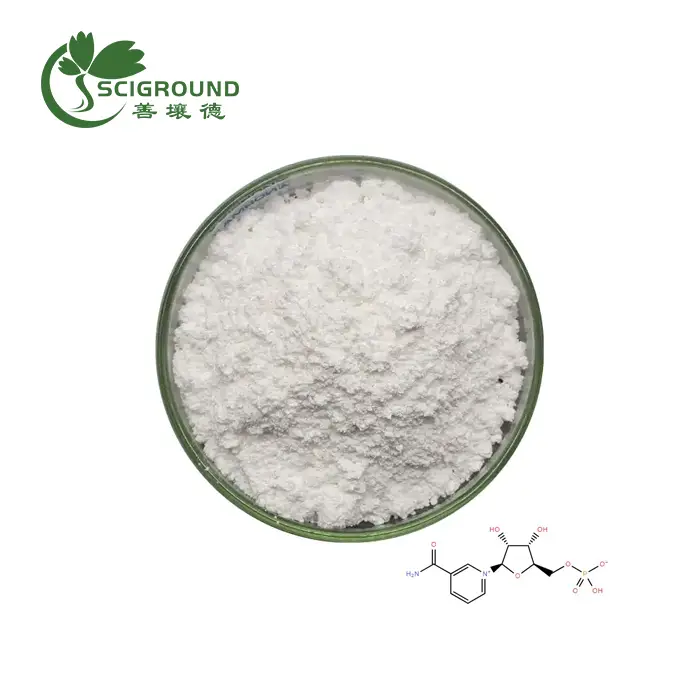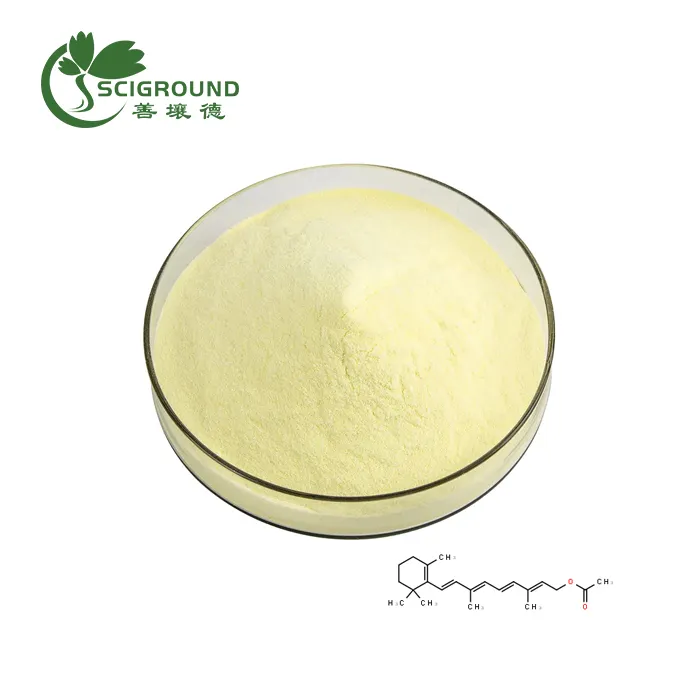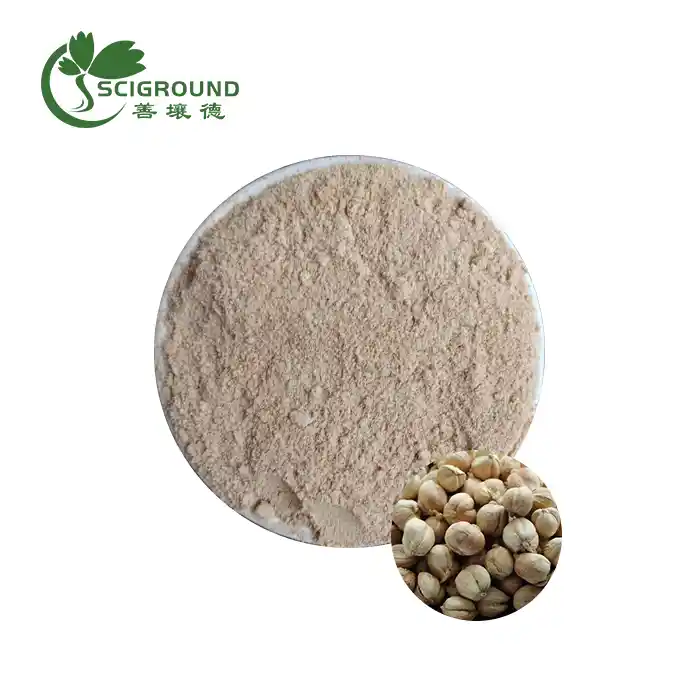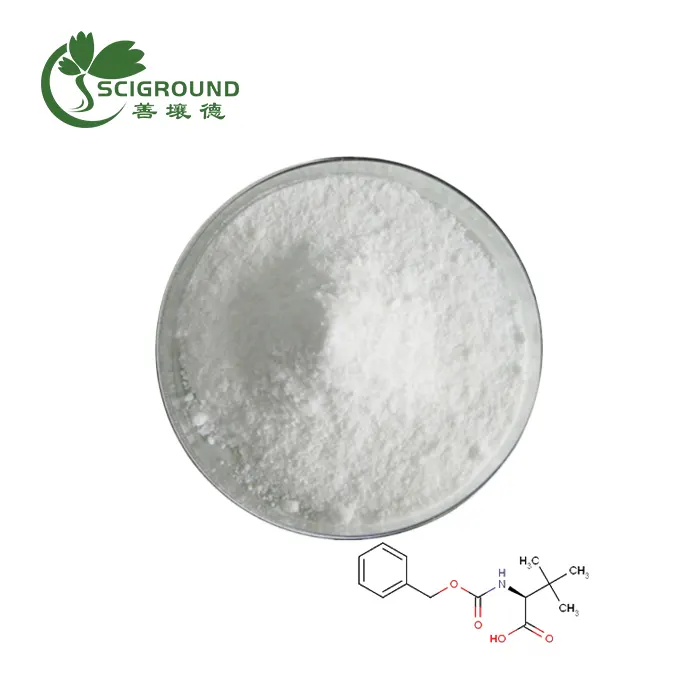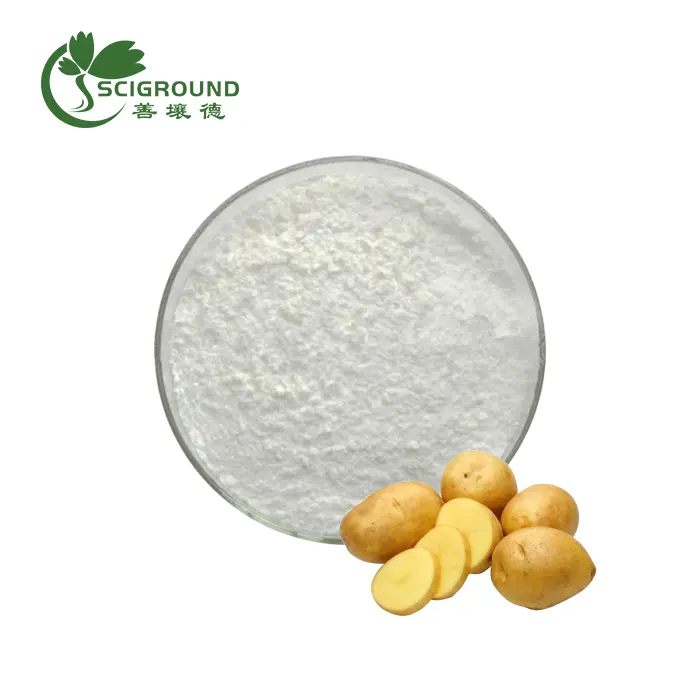Does vitamin B1 make you sleepy?
Thiamine or Vitamin B1 is very important to the human body as it influences how the body produces energy and acts on the nerves. That is a water-soluble vitamin that in turn can be gotten from different foods such as whole grains, legumes as well as nuts and is normally included in multivitamins.

Role of Vitamin B1 in Energy Metabolism
Thiamine is one of the components that are needed for carbohydrates into glucose, which is a source of energy for the body. This process occurs inside the mitochondria of cells wherein vitamin B1 has the function of a coenzyme. If glucose is not changed into energy it is produced slowly and this results in fatigue among the affected persons. Nonetheless, it should be understood that, for example, the fact is that a lack of vitamin B1 leads to fatigue while taking thiamine will not lead to sleepiness.
Understanding Thiamine Deficiency and Fatigue
The inability to convert food into useful energy is one of the common signs of thiamine deficiency and this results in fatigue. Weak muscles and drowsiness are some of the symptoms that are associated with thiamine deficiency in the human body. Fatigue is one of the body’s feedbacks that the glycogen storage is depleted. Nevertheless, regarding thiamine deficiencies, fatigue is not the same thing as tiredness. Sometimes sleepiness is the result of the need to rest or sleep while fatigue is caused by inadequate cellular energy. Hence, it may be true that improved energy levels as a result of thiamine may be followed by sleepiness, this will not be due to thiamine alone but when accompanied by poor health or fatigue.
Can Thiamine Support Healthy Sleep?
But again, thiamine isn’t famous for promoting sleep but it has a vital role to play in overall health which in turn leads to better sleep. For instance, if the body's metabolic rate is in a normal range, there are chances that you may not feel sleepy during the day and therefore when night comes you will be able to have a very good night's sleep. Another benefit of balanced energy is that it ensures a daily cycle known as circadian rhythm hence balancing your energy levels as well as sleep.
The Link Between Thiamine and Stress Reduction
There is some evidence which suggests that this vitamin may help with stress, particularly when it is compounded with other B vitamins. Stress and anxiety can disrupt the quality of sleep and by thus reducing stress, thiamine could be said to enhance the quality of sleep. This according to them does not mean making somebody feel sleepy. But it does create conditions for better relaxation and more night’s sleep at the right time only.
Thiamine and Support of the Nervous System
Thiamine plays an important role in the correct operation of the nervous system of any individual. It plays a role in the formation of neurotransmitters like acetylcholine which is used for the contraction of the muscles as well as thought processes. Normal activity of the nerves allows the body to give proper responses to stimuli such as the sleep-wake cycle. It may not make you feel sleepy directly but makes you alert at the right time, listen to the body’s bells, and ring a wake-up call when the nervous systems are in harmony with adequate thiamine.
Who may experience fatigue from thiamine deficiency?
Those with chronic diseases or with alcohol dependence who may be experiencing a deficiency in thiamine may commonly suffer from chronic tiredness. In such situations, people who take vitamin B1 are likely to have increased energy levels and not energy that makes them feel sleepy. Correction of the deficiency aids in normal body functioning therefore helping to utilize more energy throughout the day leaving sleep at night more quality.
Importance of a balanced intake of B vitamins
Thiamine in coordination with other B vitamins such as vitamin B6 and vitamin B12 plays an important role in energy production and metabolism. Effective intake of all the rich B vitamins in your body enables your body to have a constant flow of energy throughout the entire day. Since B vitamins are not sedating when taken together, they may enhance energy metabolism and indeed decrease such feelings of fatigue that may lead one to feel sleepy.
Does vitamin B1 make you sleepy?
In summary, vitamin B1 or thiamine does not make you sleepy. Instead, it plays an important role in energy metabolism and supports the proper functioning of the nervous system. While thiamine deficiency can cause fatigue, thiamine supplementation generally improves energy levels rather than causing sleepiness. However, its role in stress reduction and nervous system health may help promote overall health, and ch can indirectly support better sleep patterns. Ensuring adequate thiamine intake is more about maintaining energy levels than inducing sleep.
Related Industry Knowledge
- Unlocking the Power of Arnica Extract: Benefits & Risks
- What is Organic Grifola Frondosa?
- What are the benefits of Muira Puama Extract Powder?
- What are the side effects and risks of acitretin?
- What is acrylamide powder used for?
- Inulin vs Erythritol
- Are Mulberry Leaves Edible
- Vitamin b6 benefits
- Dihydromyricetin vs Myricetin
- Pueraria Flavonids: Unlocking the Potential Health Benefits
